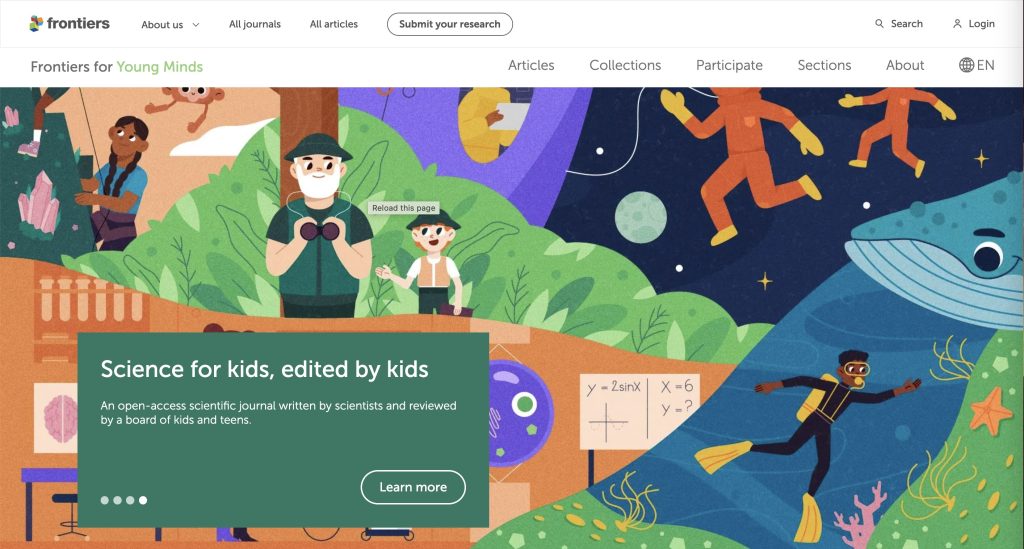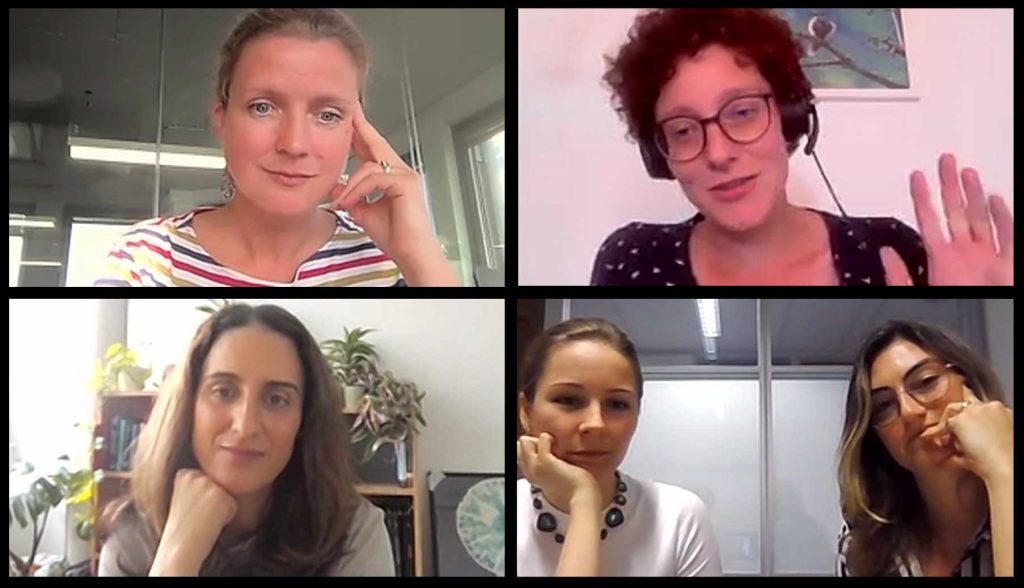
The Open Education Global is pleased to announce that the Community College Consortium for OER (CCCOER), jointly with College of the Canyons received a grant awarded by the William and Flora Hewlett Foundation, for an Open for Anti-Racism (OFAR) Project for the California community colleges.
The one-year project aims to demonstrate how faculty can use Open Educational Resources and open pedagogy to make instructional materials and their teaching more anti-racist. Participating faculty will learn about Anti-Racism, Open Educational Resources, and Open Pedagogy in a newly developed course entitled Open for Anti-Racism (OFAR). Participants will subsequently implement changes to their classrooms in collaboration with their students. Examples of faculty projects might include a revised history course that includes a module on Juneteenth, or a revised biology text in which students replace images of all white bodies with images that better reflect their communities.

